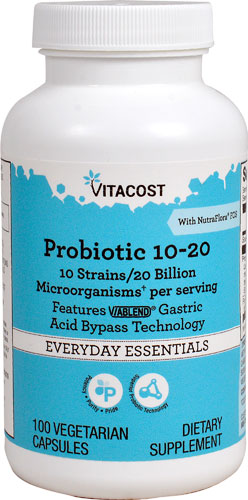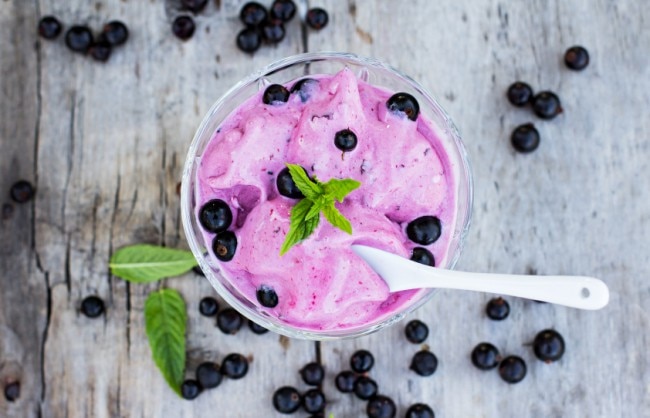By now, you’ve likely seen or heard the phrase “gut bacteria.” But do you know what that is? Is bacteria in the gut medical or nutritional gobbledygook, or is it something you really should care about?
Experts caution that your health could suffer if you don’t pay attention to your bacteria in your gut.
“We need to be aware of the importance of the gut bacteria in our health...We need to take care of these bacteria and ensure they are happy so we, in turn, can be well,” says Jason Tetro, a microbiologist in Toronto.
A study released in November 2015 underscores Tetro’s call for an emphasis on gut bacteria. The study, published in the journal Cell Metabolism, found that 20 minutes after a meal, bacteria in the gut produce appetite-suppressing proteins, suggesting that these bacteria may regulate when and how much we eat.
With the help of Tetro and other experts, we’re going to answer seven key questions about gut bacteria so you can raise your awareness and keep these germs “happy.”
What are bacteria in the gut?
What’s informally known as gut bacteria is scientifically referred to as gut flora, gut microbiota or the gut microbiome. Whatever you call them, these microorganisms live in our gastrointestinal tracts and help us digest food, produce vitamins and keep our immune systems strong, says Andrea Cox, a registered dietitian/nutritionist in Sandy, Oregon. They even ward off dangerous bacteria.
How many bacteria in the gut do we have?
More than 100 trillion gut bacteria are swimming around in our intestinal tracts, although Tetro says that number can fluctuate by as much as 30 percent over the course of a day. About 1,000 species of intestinal bacteria have been identified, says Dr. Larry Hoberman, a board-certified gastroenterologist in San Antonio, and each person hosts about 400 to 500 species.
Where do bacteria in the gut come from?
“The development of our gut bacteria starts at birth,” Cox says. “Babies naturally acquire their mothers’ gut bacteria through birth and through breastfeeding. By the age of 3, gut bacteria is similar to that of adults.”
Does anything damage the population of bacteria in our gut?
Yes. Lilia Arnest, a certified holistic nutrition consultant in Roseville, California, says the mortal enemies of gut bacteria include antibiotics; anti-inflammatory drugs (Advil, Motrin and so on); coffee; radiation and chemotherapy; and diets low in vegetables, fruit and whole grains.
What can happen if there aren’t enough bacteria in our gut or gastrointestinal tract?
Researchers have linked a lack of gut bacteria to cancer, diabetes and obesity, according to Cox.
“Research has shown gut bacteria can influence a number of bodily functions such as weight, fat percentage, cholesterol in the blood and the levels of the psychological hormone, serotonin,” Tetro says.
What are some of the signs that the bacteria in our gut are out of whack?
Experts say some of the warning signs include bloating, gas, bowel-movement changes, feeling too full after eating, auto-immune issues and fatigue.
Some “surprising” signs of an “unhappy gut” are headaches,
joint pain, a strange taste in your mouth, skin rash and acne, according to board-certified, licensed naturopathic doctor and registered dietitian Kristi Wrightson, founder of Nest Integrative Medicine Spa in Santa Barbara, California.
What can we do to bolster the bacteria in our gut?
Many foods contain “good” bacteria that replenish our gut bacteria, experts say. Arnest says these foods include sauerkraut, fermented vegetables and drinks, kefir, yogurt with active live cultures, miso, kimchi and kombucha.
Probiotic supplements also aid our gut bacteria, experts say.*
“Probiotics won’t cure all diseases, but in certain individuals they can make huge changes for the better,” says Dr. Wesin Childs, an osteopathic physician in Gilbert, Arizona.
*These statements have not been evaluated by the FDA. These products are not intended to diagnose, treat, cure or prevent any disease.





